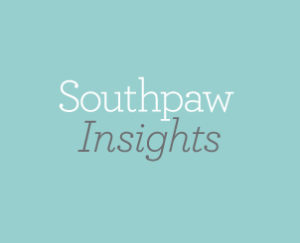I’m a market researcher and an actor, and studying theatre makes me a better researcher. Here's why.

A lot of our work involves recruiting respondents from research panels. Sometimes, though, we need to find people who aren’t on panels and may be suspicious of research.
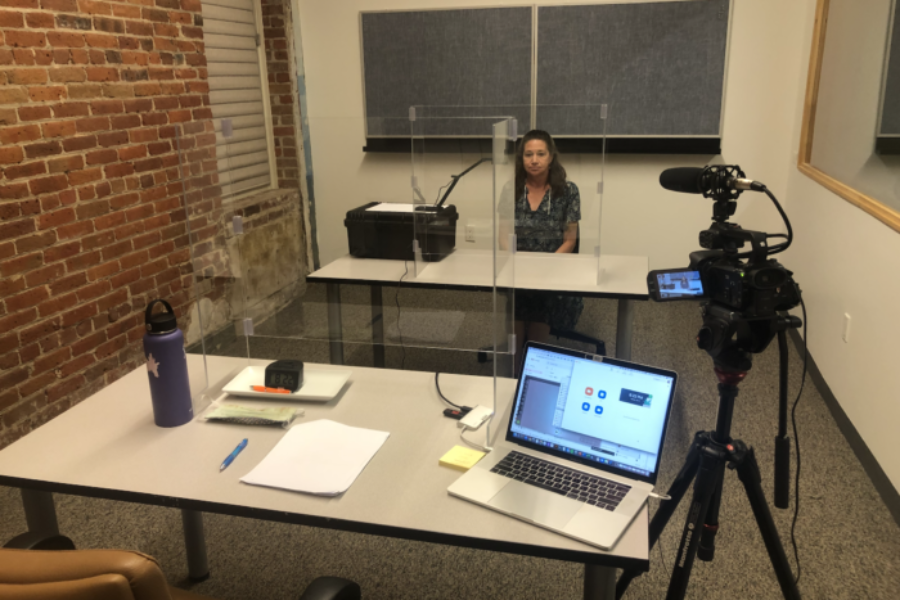
We just finished fieldwork on a user experience project that would have been challenging in normal times, but was made doubly so since we’re in the middle of a global pandemic.

I’m always looking for parallels between my research life and my non-research life. Just as playing the ukulele made me a better report writer and ordering decaf coffee influenced my questionnaire
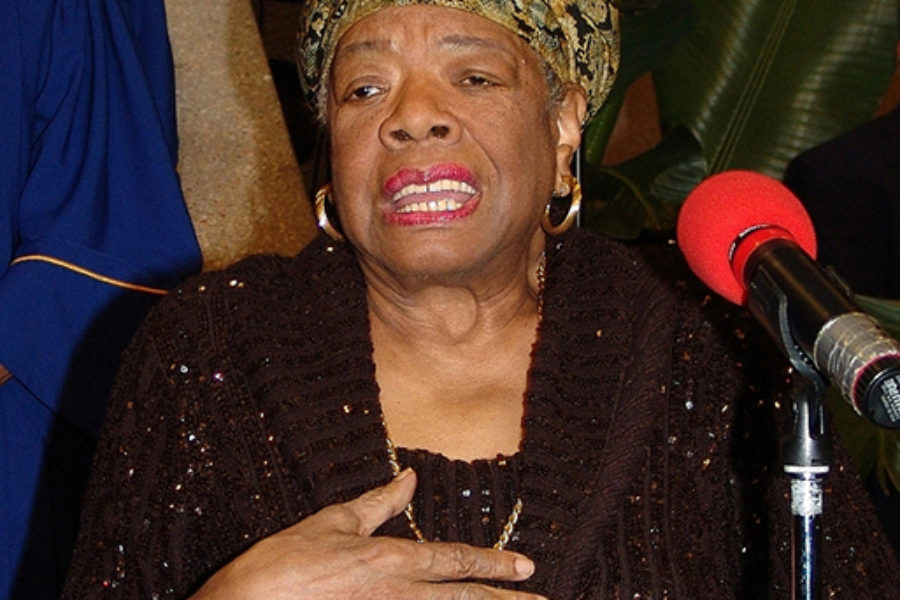
Like many people, I was saddened by the passing of author Maya Angelou last week. After her death, I learned that she had once been a market research interviewer. In A
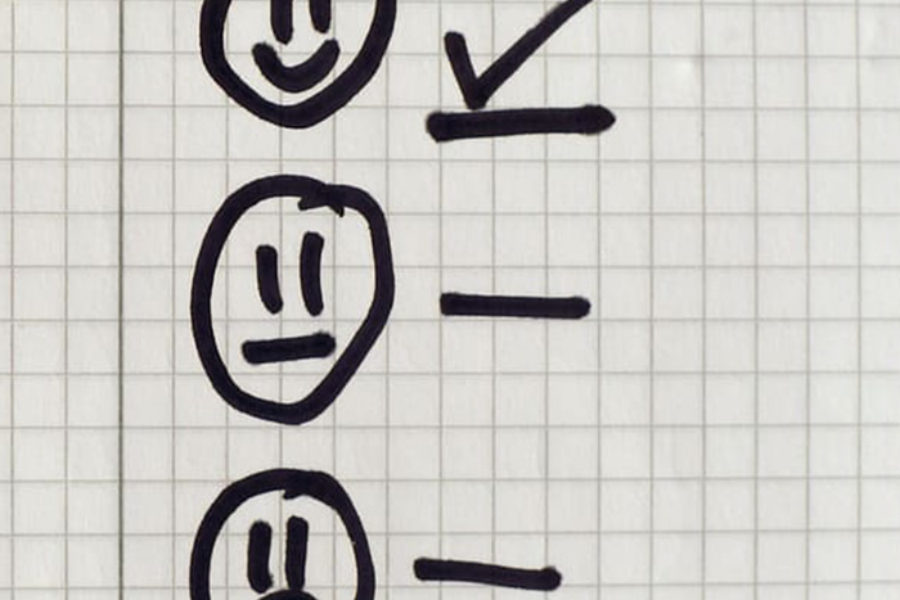
I’m on my way back from Portland, where I spent two days at a fantastic conference of independent workers: freelancers, entrepreneurs, and other intrepid souls like myself. Like most conferences, there were
I’ve written before about my mobile life, where I spend a few months in a place before moving on. I’m lucky to have the technology to be able to service my
I love this scene from Annie Hall, where Annie and Alvin are telling their respective therapists how often they have sex. Alvin: Hardly ever. Maybe three times a week. Annie: Constantly. I’d say three
So far this year, I’ve worked from half a dozen US cities, as well as Mexico, Thailand, China, and, currently, the Dominican Republic. As a location-independent researcher, I’m delighted by
A friend just pointed me to this article on a Washington Post survey of local issues in my hometown of Washington, D.C. Seems there’s a little hullaballoo about the framing of the survey results—namely,

I’m always surprised (and frankly, a little alarmed) when clients don’t want to pre-test a questionnaire. This strikes me as a little bit like launching an ad campaign without testing the content.
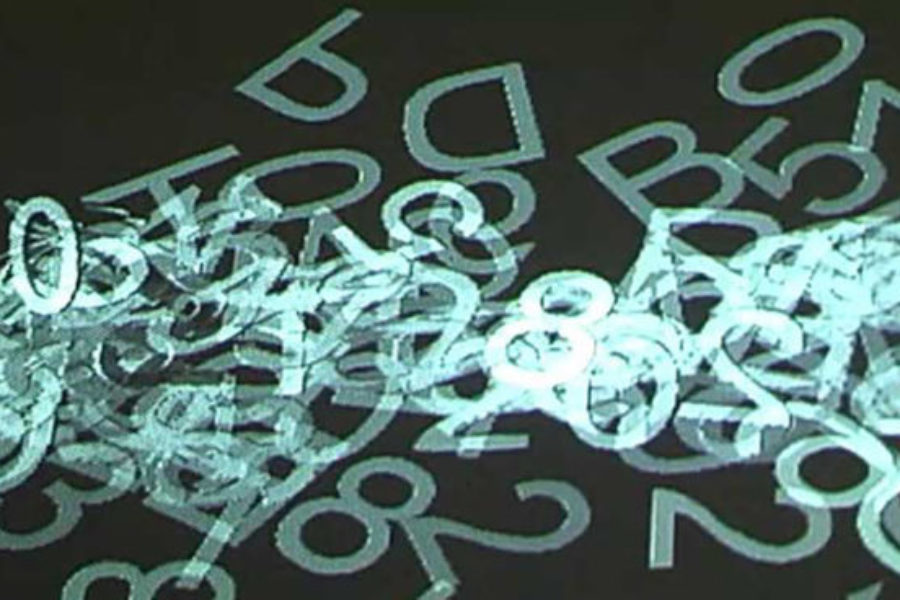
“There is always a story in the data—you just have to find it.” This simple advice from an old boss got me through last week, when I got a desperate


